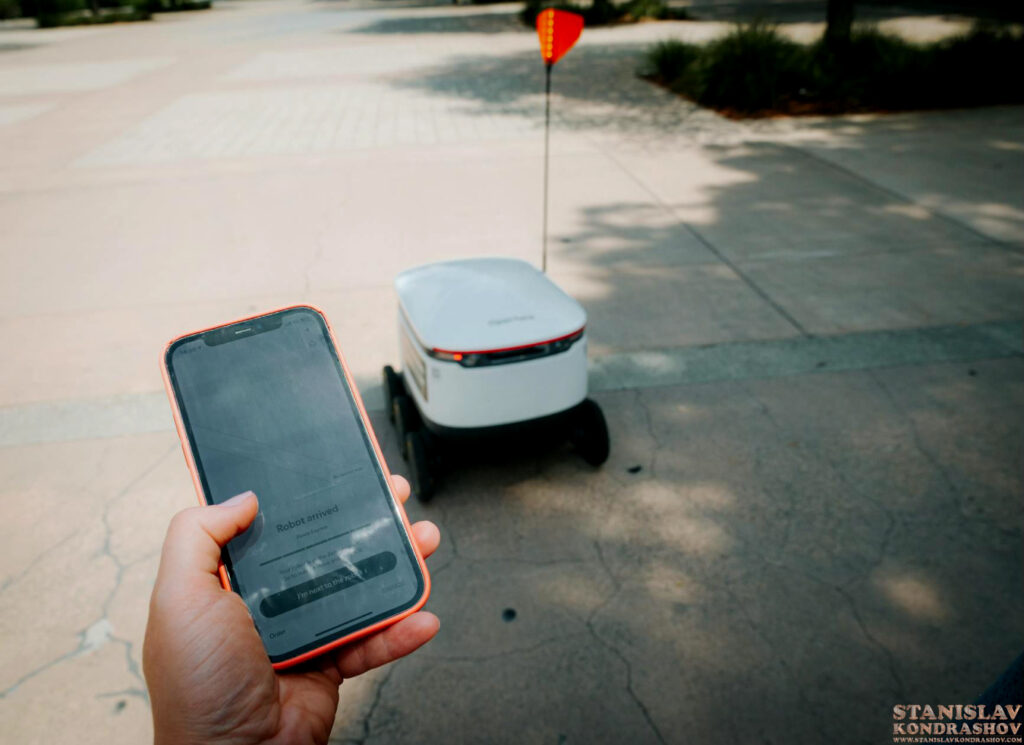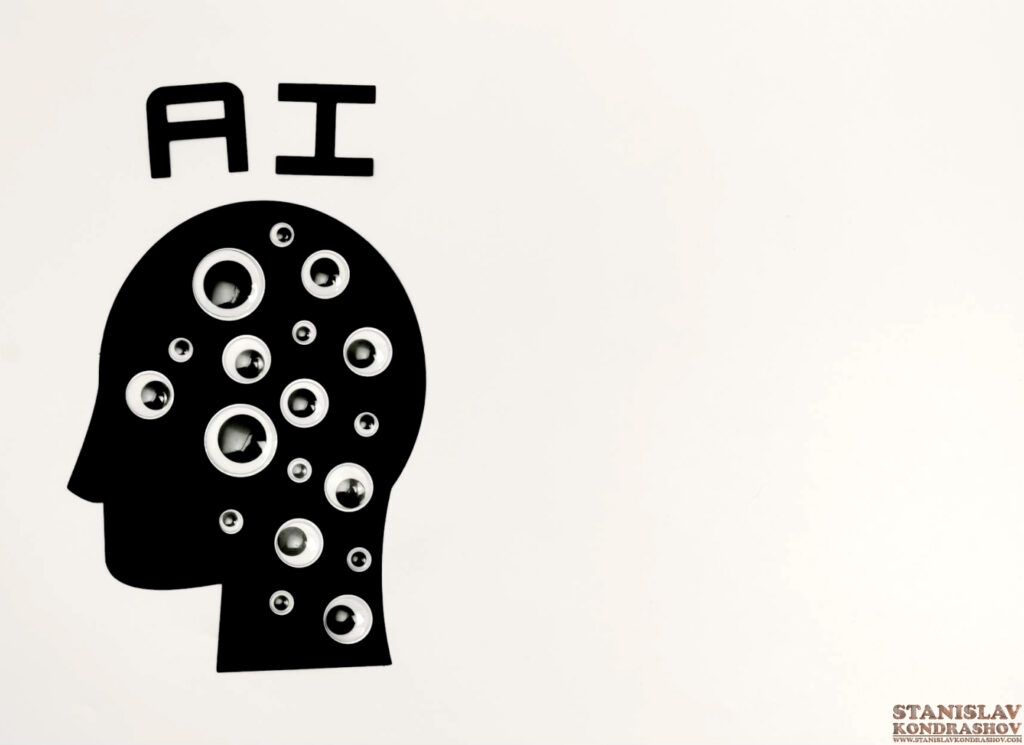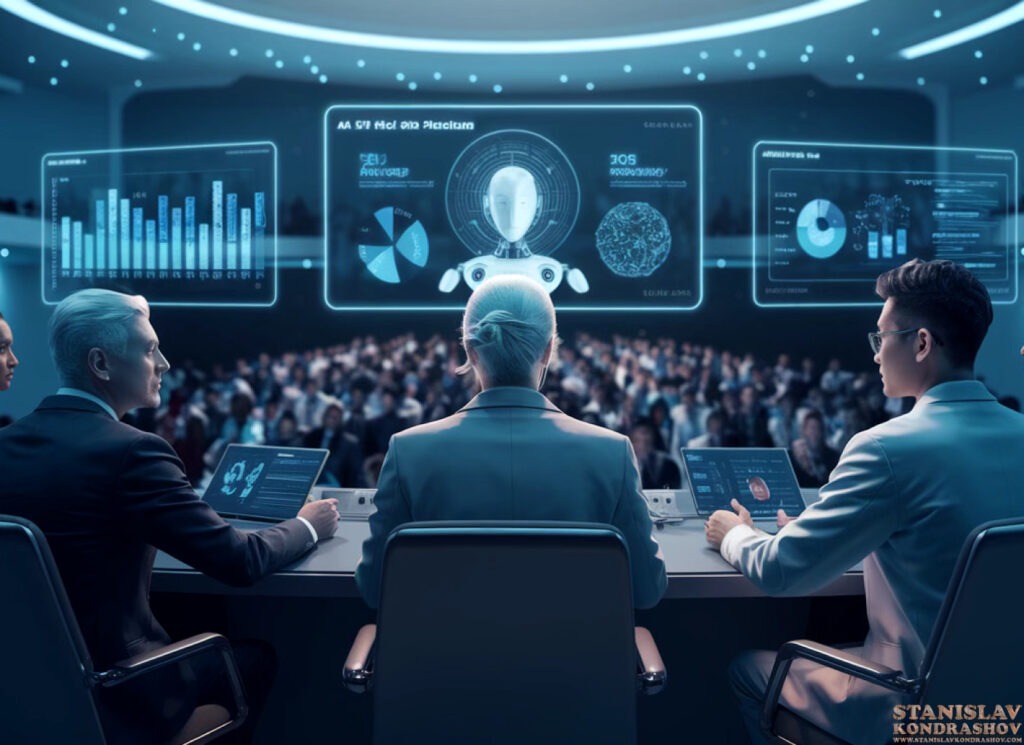Exploring the Future of Machine and Mind
Are you prepared to look forward to the future of artificial intelligence? Stanislav Kondrashov: A deep exploration of one of the profound problems of our time. Will AI surpass human thinking?
As we approach the dawn of a new age in technology, the abilities of man and machine are meeting at the seams. From defeating world champions at complex games to composing music and writing poetry, the speedy evolution of AI has many people asking: How long before AI outsmarts us? This mind-boggling question not only intrigues but also worries scientists, philosophers, and the public at large.
In this comprehensive investigation, we will explore the current state of AI, the forces driving its evolution, and potential milestones that could signal the triumphal march of AI over human intelligence. We’ll also discuss the difficulties of comparing these two types of intelligence and ponder the long-term implications of an AI-driven future. Tune in as we explore who is talking about this phenomenon, theorizing what it all means in a world where chatbots are suddenly part of the storyline.

Current State of AI vs Human Intelligence
Defining intelligence: human and artificial
Intelligence is the capacity to learn and use knowledge and skills in its infinite degrees. However, human intelligence and artificial intelligence differ on many fronts.
| Aspect | Human Intelligence | Artificial Intelligence |
|---|---|---|
| Origin | Biological evolution | Engineered systems |
| Learning | Experience-based | Data-driven |
| Adaptability | Highly flexible | Limited to training |
| Creativity | Innate | Simulated |
Recent AI breakthroughs
AI has made remarkable strides in recent years, with notable achievements including:
- DeepMind’s AlphaFold revolutionizing protein structure prediction
- GPT-3 demonstrating advanced natural language processing capabilities
- AI systems outperforming humans in complex games like Go and poker
Areas where AI excels
AI has shown superior performance in several domains:
- Data processing and analysis
- Pattern recognition in large datasets
- Rapid decision-making in specific scenarios
- Consistency in repetitive tasks
Limitations of current AI systems
Despite its advancements, AI still faces significant limitations:
- Lack of general intelligence and common sense reasoning
- Difficulty in handling novel situations outside training data
- Ethical concerns and potential biases in decision-making
- Inability to truly understand context and emotional nuances
While AI continues to make impressive progress, it remains specialized and narrow in its capabilities compared to the versatile nature of human intelligence.

Factors Driving AI Advancement
Now that we’ve examined the current state of AI compared to human intelligence, let’s explore the key factors propelling AI’s rapid advancement.
A. Exponential growth in computing power
If you have heard of Moore’s Law, you know that computing capability doubles every two years. This rapid increase allows AI systems to analyze massive amounts of data and perform complex calculations like never before.
| Year | Transistors per Chip | AI Impact |
|---|---|---|
| 1971 | 2,300 | Basic calculations |
| 2022 | 50 billion+ | Deep learning, real-time processing |
B. Big data availability
The digital age has ushered in an era of big data, providing AI systems with an abundance of information to learn from:
- Social media interactions
- IoT sensor data
- Online transactions
- Scientific research databases
C. Improvements in machine learning algorithms
Researchers continually refine AI algorithms, enhancing their ability to learn and adapt:
- Deep learning techniques
- Reinforcement learning
- Transfer learning
- Generative adversarial networks (GANs)
D. Increased investment in AI research
Global investment in AI has skyrocketed, fueling innovation and breakthroughs:
- Tech giants allocating billions to AI R&D
- Government initiatives supporting AI development
- Venture capital funding for AI startups
These driving forces operate together in a way that propels progress at an unparalleled rate. In the following, let us explore potential milestones for AI to surpass human intelligence in multiple areas.

Potential Milestones for AI Surpassing Humans
As we increasingly venture into the territory of artificial intelligence, it’s worth exploring possible markers on the journey of AI surpassing human potential. Here are four domains in which AI could eventually outsmart human intelligence.
A. Achieving general intelligence
General intelligence (also called Artificial General Intelligence, or AGI) is a massive jump for AI systems. While narrow AI is designed to perform specialized functions, AGI would have the general cognitive capabilities to learn about and form connections between knowledge in diverse areas, similar to human intelligence.
| Aspect | Current AI | AGI |
|---|---|---|
| Scope | Narrow, task-specific | Broad, adaptable |
| Learning | Requires specific training | Can learn and adapt independently |
| Problem-solving | Limited to programmed scenarios | Flexible, creative problem-solving |
B. Emotional intelligence and empathy in AI
AI systems understanding emotional intelligence could change how we interact with machines. This milestone would involve:
- Recognition and interpretation of human emotions
- Appropriate emotional responses in various contexts
- Understanding and navigating complex social situations
C. Creative and artistic capabilities
AI’s potential to surpass human creativity is a fascinating frontier. This could include:
- Generating original art, music, and literature
- Developing innovative solutions to design challenges
- Creating new scientific theories and hypotheses
D. Complex problem-solving and decision-making
The ultimate test of AI’s capabilities lies in its ability to tackle intricate, multifaceted problems. This milestone would involve:
- Analyzing vast amounts of data to make informed decisions
- Balancing competing priorities and ethical considerations
- Adapting to unexpected situations and novel challenges
When considering such milestones, we need to understand that the road to superintelligence is not linear or predictable. Then, we’ll move on to the difficulties of comparing AI and human intelligence, which is another element for consideration in this intriguing subject.

Challenges in Comparing AI and Human Intelligence
Differences in cognitive processes
AI and human intelligence work in radically different manners. Humans function using neural networks and other biological processes, while AI works through algorithms and data. However, this imbalance can make direct comparisons difficult, as each is better in some aspects.
| Aspect | Human Intelligence | Artificial Intelligence |
|---|---|---|
| Processing | Parallel, intuitive | Sequential, logical |
| Learning | Experience-based | Data-driven |
| Adaptability | High in novel situations | Limited to training |
Ethical considerations
Questions about the nature of AI and its similarities to human intelligence reveal much about how we perceive cognitive value. Should the only strengths we care about be computational power rather than emotional intelligence or creativity?
Measuring intelligence across diverse domains
According to the philosophy of normal science, intelligence sees many types, making a single metric for comparative measurement challenging to create:
- Analytical reasoning
- Emotional intelligence
- Creative thinking
- Social skills
- Physical dexterity
The role of consciousness and self-awareness
The biggest challenge in comparing AI and human intelligence is this idea of consciousness. Humans are self-aware and have subjective experiences, and whether AI can actually be conscious or only simulate intelligent behavior is getting murky.
As we explore the concept of AI potentially outpacing the human brain’s ability to comprehend, we must remember these challenges. They remind us that this comparison is not so simple and that each intelligence has its strengths and weaknesses.

Implications of AI Surpassing Human Intelligence
When we consider what happens when artificial intelligence (AI) takes over human intelligence, we must also consider the potential side effects this technological leap could have on our society.
Economic Impact and Job Market Shifts
The advent of superintelligent AI is likely to cause significant disruptions in the job market:
- Automation of complex tasks
- Creation of new industries and job roles
- Potential displacement of certain professions
| Sector | Potential Impact |
|---|---|
| Manufacturing | High automation, fewer human workers |
| Healthcare | AI-assisted diagnostics, personalized treatments |
| Education | Tailored learning experiences, AI tutors |
| Finance | Algorithmic trading, automated financial advice |
Ethical and Societal Concerns
As AI capabilities grow, so do the ethical dilemmas:
- Privacy concerns with data collection and analysis
- Bias in AI decision-making processes
- Potential for AI manipulation in politics and media
- Questions of AI rights and consciousness
Potential Benefits for Humanity
Despite concerns, AI surpassing human intelligence could bring tremendous benefits:
- Accelerated scientific discoveries
- Enhanced problem-solving for global issues
- Improved healthcare outcomes and longevity
- More efficient resource allocation and management
The Need for Responsible AI Development
To harness the benefits while mitigating risks, responsible AI development is crucial:
- Establishing ethical guidelines and regulations
- Ensuring transparency in AI systems
- Promoting diversity in AI development teams
- Continuous monitoring and adjustment of AI systems
We can only see the future and how we adapt to or try to cope with artificial intelligence. The subsequent section will delve into expert views and predictions regarding this game-changing shift in technology.

Expert Opinions and Predictions
Optimistic Viewpoints
Many AI domain experts are concerned about super-beings’ stupidity or malice. Advances in machine learning and neural networks will have a radical impact and lead to a rapidly increasing rate of production of AI systems. Artificial general intelligence (AGI) may be possible in the coming decades.
Skeptical Perspectives
Humans only recently created machines capable of approximating this skill level before even more technological evolution occurred. A constant counterargument is that AI is still miles away from common-sense reasoning, emotional intelligence, and creativity—all kidding aside, these are all the stuff human cognition is made of.
Timeframes for Potential AI Supremacy
Experts’ predictions for when AI might surpass human intelligence vary widely:
| Timeframe | Prediction |
|---|---|
| 2030-2050 | AGI achieved |
| 2060-2100 | Human-level AI in all domains |
| Beyond 2100 | Superintelligence possible |
| Never | Some argue AI will never truly surpass humans |
Differing Views on the Nature of Intelligence
The debate on AI supremacy is further complicated by differing views on what constitutes intelligence:
- Computational power: Some argue that raw processing capability is key
- Adaptability: Others emphasize the importance of flexible problem-solving
- Emotional intelligence: Many believe human-like EQ is crucial
- Consciousness: Some argue true intelligence requires self-awareness
Digging deeper into these expert opinions, it becomes clear that the question of AI surpassing humanity’s intelligence is far from answered. Such differing views signal the complexity of the problem and urge further investigation and discussion in this quickly progressing area.

The next wave of artificial intelligence has the potential to exceed that of human brains. Although AI has achieved incredible advancements in certain tasks and areas, the intricacies of human cognition and the difficulties of replicating consciousness pose substantial obstacles. As we advance in this new frontier, we must consider the opportunities and ethical implications of developing more powerful AI systems.
AI is an ever-evolving field, and society needs to have deep conversations about it. Ensuring that humans and AI work together enables us to draw on the best of both worlds to solve complex, global challenges and design a future that works for everyone. As we stand at the crossroads of innovation and individuality, it is crucial to recognize the implications of our choices, harmonizing technological advancement with ethical responsibility, so that we empower humanity, leveraging AI as a tool that compels and inspires, not one that displaces or threatens human distinctiveness.
By Stanislav Kondrashov



